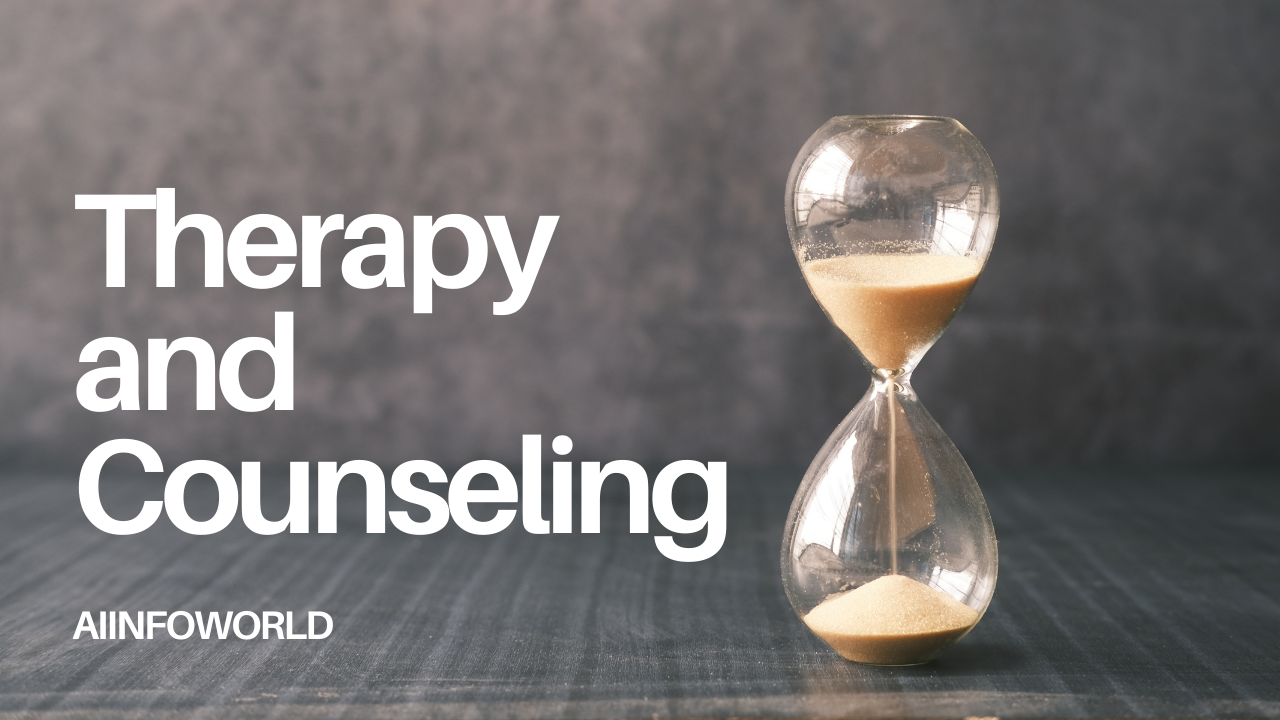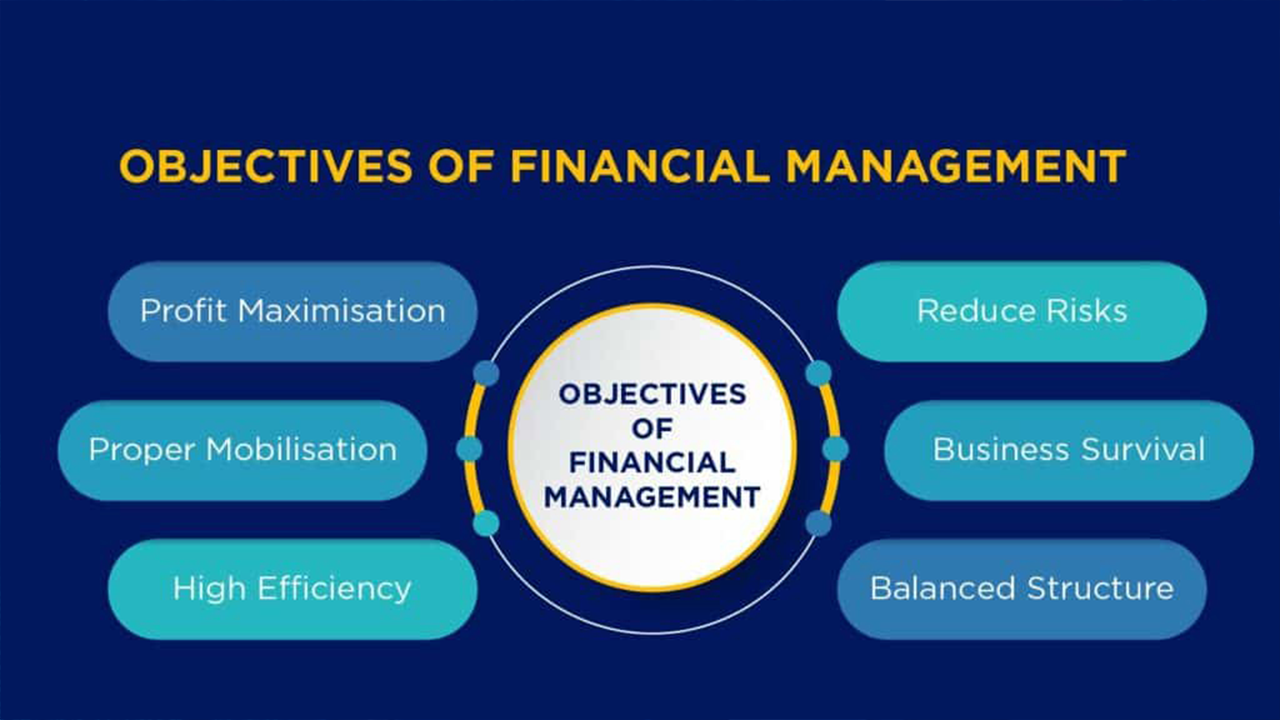In today’s fast-paced and often stressful world, finding relief and maintaining mental well-being is more important than ever. Therapy and counseling services provide invaluable support for individuals seeking to navigate life’s challenges, manage mental health conditions, and improve their overall quality of life. This comprehensive guide explores the benefits of therapy and counseling, the different types of services available, and how to find the right support for your needs.
Understanding Therapy and Counseling
Therapy and counseling are professional services that involve talking with a trained mental health professional to address emotional, psychological, or behavioral issues. These services offer a safe and confidential environment where individuals can explore their feelings, thoughts, and behaviors, and work towards personal growth and healing.
Key Differences Between Therapy and Counseling
While the terms are often used interchangeably, there are subtle differences between therapy and counselling:
- Counseling: Typically focuses on specific issues or short-term challenges, providing guidance and support to help individuals navigate life transitions or overcome particular problems.
- Therapy: Often involves more in-depth exploration of underlying issues and patterns, aiming to facilitate long-term change and personal development.

The Benefits of Therapy and Counseling
1. Mental Health Support and Improvement
Therapy and counseling provide crucial support for managing mental health conditions such as depression, anxiety, PTSD, and bipolar disorder.
- Symptom Management: Effective in reducing symptoms of mental health disorders, helping individuals lead more fulfilling lives.
- Coping Strategies: Equips individuals with tools and strategies to cope with stress, manage emotions, and navigate challenges.
2. Enhanced Self-Awareness and Personal Growth
Through therapy and counseling, individuals gain a deeper understanding of themselves, their emotions, and their behaviors.
- Self-Discovery: Encourages exploration of personal values, beliefs, and goals, leading to greater self-awareness.
- Behavioral Change: Helps individuals identify and change negative patterns of behavior that may be holding them back.
3. Improved Relationships
Therapy and counseling can enhance communication skills and relationship dynamics, leading to healthier and more fulfilling connections with others.
- Conflict Resolution: Provides tools for resolving conflicts and improving communication within relationships.
- Stronger Connections: Encourages the development of empathy, understanding, and emotional intimacy in relationships.
4. Trauma and Grief Processing
Therapy and counseling offer a safe space to process and heal from trauma and loss, facilitating emotional recovery and resilience.
- Trauma Recovery: Supports individuals in working through traumatic experiences and reducing their impact on daily life.
- Grief Counseling: Provides support and guidance for navigating the grieving process and finding ways to move forward after loss.
5. Enhanced Emotional Regulation and Resilience
Therapy and counseling help individuals develop healthier ways of managing and expressing emotions, leading to increased emotional resilience.
- Emotional Regulation: Teaches techniques for managing intense emotions and reducing emotional reactivity.
- Resilience Building: Fosters resilience by helping individuals develop coping skills and a positive mindset.

2. Couples Counseling
Couples counselling helps partners improve their relationship by addressing issues such as communication problems, conflicts, and emotional disconnection. It provides a neutral space for both partners to express their feelings and work towards mutual understanding and resolution.
- Conflict Resolution: Helps couples develop skills to resolve conflicts constructively and strengthen their relationship.
- Communication Enhancement: Teaches effective communication techniques to improve understanding and emotional intimacy between partners.
3. Family Therapy
Family therapy involves sessions with multiple family members to address issues that affect the family as a whole. It aims to improve communication, resolve conflicts, and strengthen family bonds.
- Family Dynamics: Focuses on improving interactions and relationships within the family system.
- Support for Change: Helps families support each other through changes and challenges, fostering a healthier family environment.
4. Group Therapy
Group therapy involves sessions with a therapist and a group of individuals who share similar issues or goals. It provides a supportive environment for participants to share experiences and learn from each other.
- Shared Experiences: Offers a sense of community and support from others who understand similar challenges.
- Group Dynamics: Provides opportunities to practice social skills and learn from diverse perspectives.
5. Online Therapy
Online therapy allows individuals to receive therapy and counselling services remotely through video calls, phone calls, or messaging. It offers flexibility and accessibility for those who may not be able to attend in-person sessions.
- Convenience: Enables access to therapy from the comfort of your home, at times that fit your schedule.
- Accessibility: Makes therapy more accessible to individuals in remote areas or those with mobility issues.
How to Find the Right Therapy and Counseling Services
1. Identify Your Needs
Before seeking therapy or counselling, take some time to reflect on your needs and goals. Consider what specific issues you want to address and what type of support you are looking for.
- Personal Goals: Identify your goals for therapy, such as managing stress, improving relationships, or overcoming a specific issue.
- Preferences: Think about your preferences for the type of therapy or counselling, such as individual or group sessions, and whether you prefer in-person or online therapy.
2. Research and Choose a Qualified Professional
Look for a licensed and experienced therapist or counsellor who specializes in the issues you want to address. Consider their credentials, experience, and approach to therapy.
- Credentials: Ensure that the therapist is licensed and has the appropriate qualifications and training.
- Specialization: Choose a therapist who specializes in the area you want to work on, such as trauma, anxiety, or relationship issues.

3. Consider the Therapeutic Approach
Different therapists use different therapeutic approaches, such as cognitive-behavioral therapy (CBT), psychodynamic therapy, or humanistic therapy. Research these approaches to find one that aligns with your needs and preferences.
- Cognitive-Behavioral Therapy (CBT): Focuses on changing negative thought patterns and behaviors.
- Psychodynamic Therapy: Explores unconscious processes and past experiences to understand current issues.
- Humanistic Therapy: Emphasizes personal growth and self-acceptance.
4. Schedule a Consultation
Many therapists offer an initial consultation to discuss your needs and determine if their services are a good fit for you. Use this opportunity to ask questions and get a sense of their approach and style.
- Questions to Ask: Inquire about their experience, approach to therapy, and how they plan to help you achieve your goals.
- Comfort and Compatibility: Consider whether you feel comfortable with the therapist and if their approach resonates with you.
5. Evaluate Progress and Adjust as Needed
Regularly assess your progress in therapy and discuss any concerns or adjustments needed with your therapist. Therapy is a collaborative process, and it’s important to ensure that it is meeting your needs.
- Feedback: Provide feedback to your therapist about what is working well and what could be improved.
- Adjustments: Be open to making adjustments to your therapy plan as needed to better address your goals.
Overcoming Barriers to Seeking Therapy and Counseling
1. Stigma and Misconceptions
One of the biggest barriers to seeking therapy is the stigma associated with mental health. Many people feel embarrassed or ashamed to seek help, but it’s important to remember that therapy is a valuable tool for improving mental health and well-being.
- Normalize Seeking Help: Understand that seeking therapy is a sign of strength and a proactive step towards better mental health.
- Educate Yourself: Learn about the benefits of therapy and challenge any misconceptions you may have about it.
2. Cost and Accessibility
The cost of therapy can be a barrier for many people. However, there are various options available to make therapy more affordable and accessible.
- Insurance Coverage: Check if your insurance covers mental health services and find therapists who accept your insurance.
- Sliding Scale Fees: Some therapists offer sliding scale fees based on your income, making therapy more affordable.
3. Finding the Right Fit
Finding a therapist who is a good fit for you can take time. It’s important to find someone you feel comfortable with and who understands your needs.
- Don’t Give Up: If you don’t feel a connection with the first therapist you try, don’t be discouraged. Keep looking until you find the right fit.
- Trust Your Instincts: Trust your instincts when choosing a therapist and ensure that you feel safe and supported in their care.
Therapy and counselling services provide a powerful means of finding relief, improving mental health, and enhancing overall well-being. By understanding the benefits and types of therapy available, and taking steps to find the right support, you can embark on a journey towards greater self-awareness, emotional resilience, and inner peace.










